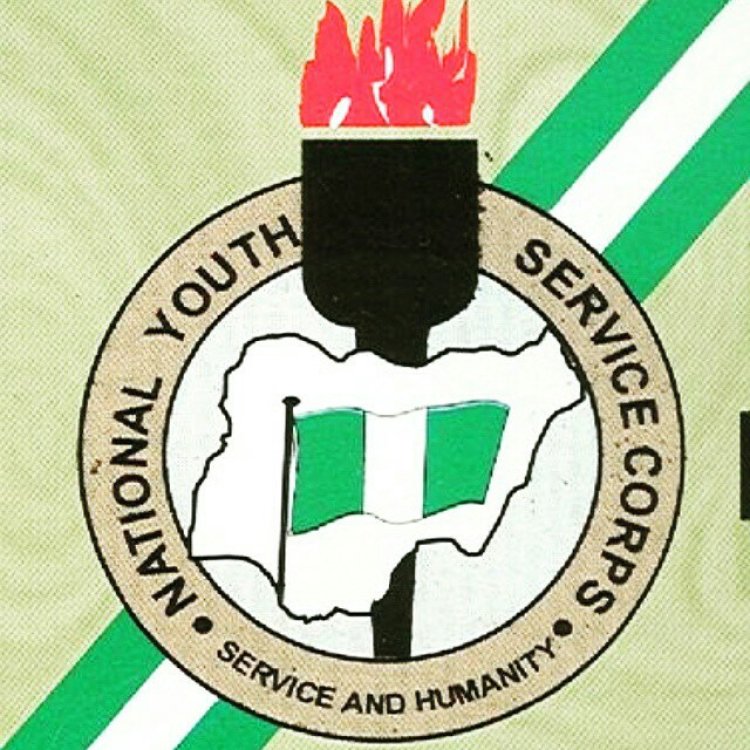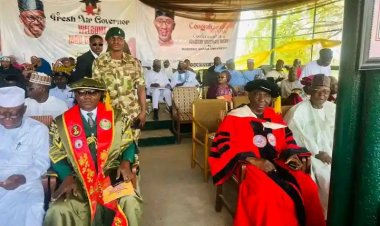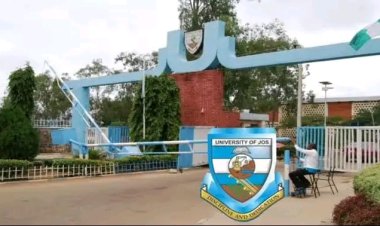The History and Impact of NYSC
The National Youth Service Corps (NYSC) is a one-year mandatory national service program for Nigerian graduates, established in 1973 by the Nigerian government.

The National Youth Service Corps (NYSC) is a one-year mandatory national service program for Nigerian graduates, established in 1973 by the Nigerian government. Created in the wake of the Nigerian Civil War (1967-1970), NYSC aims to foster national unity and development by deploying graduates to various parts of the country where they work and live among people from different ethnic and religious backgrounds.

In the aftermath of the Nigerian Civil War, Nigeria was deeply fragmented along ethnic and regional lines. The war’s legacy left the country divided, with significant ethnic and regional tensions. The NYSC was introduced as a strategic measure to help heal these divisions and promote national cohesion. By integrating graduates from diverse backgrounds into different regions, the program sought to build bridges between disparate communities and foster a unified national identity.
The NYSC is open to Nigerian citizens who have graduated from tertiary institutions with at least a second-class lower division. Upon completion of their tertiary education, graduates are deployed to various locations across the country. They are expected to contribute to community development, education, healthcare, and other sectors during their service year. The program includes:
- Orientation Course: A three-week training period designed to prepare corps members for their service, where they learn about the NYSC’s goals, undergo physical training, and engage in team-building activities.
- Primary Assignment: Corps members are posted to different institutions or organizations where they work in areas such as teaching, health services, or community development.
- Community Development Projects: Corps members are involved in local projects aimed at improving infrastructure, education, and social services within their host communities.
The NYSC has made notable contributions to national unity and social integration. By bringing together young Nigerians from different regions and ethnic groups, the program has promoted cross-cultural understanding and tolerance. Additionally, NYSC’s community development projects have led to improvements in infrastructure and public services, particularly in underserved areas.
The program has also provided a platform for young Nigerians to engage in public service, develop leadership skills, and contribute to societal development. Many former corps members have gone on to play significant roles in various sectors, including politics, business, and academia.
Despite its successes, the NYSC has faced criticisms and challenges:
- Effectiveness: Critics argue that the program may not effectively promote national unity and could sometimes reinforce existing ethnic and regional divisions. Some view it as a compulsory service that does not always align with the needs of the local communities it aims to serve.
- Resource Allocation: The program has been criticized for being resource-intensive, with concerns about its cost-effectiveness and overall impact.
- Safety and Security: Security concerns, particularly in regions affected by conflict or instability, have posed challenges for the NYSC and its corps members.
As NYSC marks its 50th anniversary, it remains a significant institution in Nigeria’s socio-political landscape. The program continues to evolve, adapting to changing national and global contexts while striving to uphold its core mission of promoting national unity and development.
The NYSC stands as a testament to the enduring spirit of service and unity among Nigeria’s youth, reflecting the nation's ongoing commitment to fostering a cohesive and integrated society. Despite facing challenges, the NYSC has played a crucial role in shaping the identity of Nigerian youth and promoting understanding between diverse communities.





